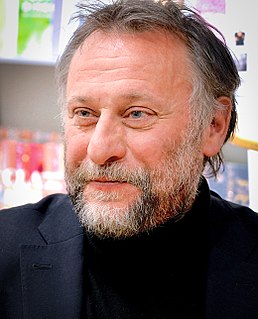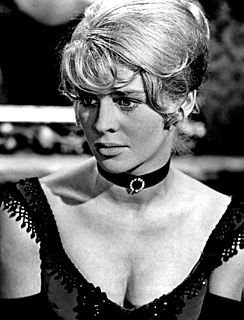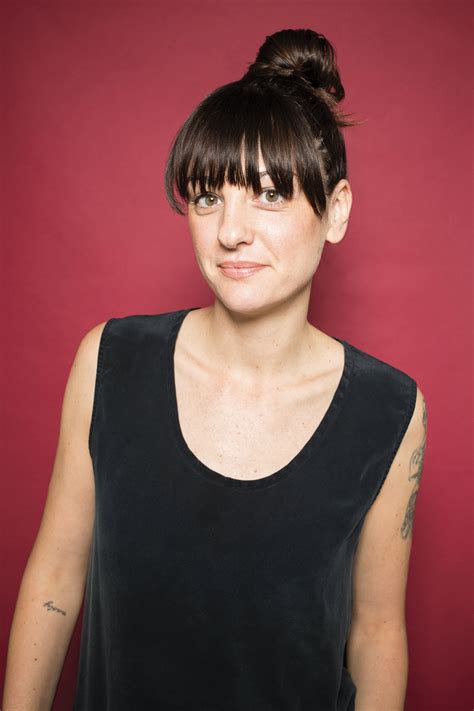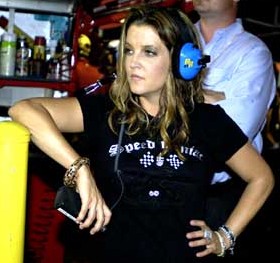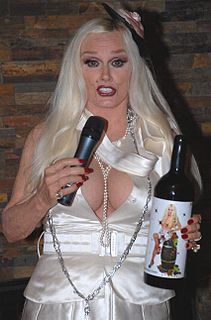A Quote by Michael Nyqvist
My early films were very European based. It was 'As It Is In Heaven,' 'Together,' they were great international successes, but then I did, I think, 60 movies or something.
Related Quotes
Early on in my career, when I had basically been a sitcom actor for all of these years, and I made my first movies, and they were comedies, and they were successes, it was very important for me to stretch, and 'Parenthood' was one of those films. Even though it was a comedy, there was a great deal of authentic drama in the piece as well.
Years ago I was in a band called Two Lane Blacktop - we deliberately named ourselves after the 'Two-Lane Blacktop' movie, 'cuz it's a car chase movie. All our songs were based on movies, every single song. I love movies, and that was something that me and the singer in Two Lane Blacktop bonded over - we were design students together, we did a film-class together, so we became obsessed with movies. It's followed me around ever since then, it's a constant theme.
Richard Donner made great movies. Seminal movies. The Academy, though, and we have to be careful here, should recognize popular films. Popular films are what make it all work. There was a time when popular movies were commercial movies, and they were good movies, and they had to be good movies. There was no segregation between good independent films and popular movies.
Oddly enough, most of the books written about the subject aren't very good because they just focus on the more hateful movies that they did very early, early on when they were trying to, you know, get Germany into the war, whether it be anti-Semitic movies like "Jud Suss," or "The Eternal Jew," or movies made against the Polish to help, you know, create sympathy for them to invade Poland. You know, there'd be movies where there would be some German girl living in Poland who's raped by the Polish or something.
My filmmaking style of remixing came out of necessity. When I was a film theory student at UC Berkeley in the early 1990s, there were no film production facilities. The only way I learned to tell stories on film was by re-cutting and splicing together celluloid of old movies, early animated films, home films, sound slug - anything I could get my hands on.
In the '60s and '70s it was a great period for American films because studios were still run by individuals who worked off the seat of their pants and went along with things. At that time, they were very uncertain about what to make because of the influence of television. A lot of really terrific movies were made. But then the studios gradually became more corporate and were owned by corporations and run in that way and now they're very nervous. You see what they make - sequels, franchises and try not to take risks.
When I first started performing, some people were there just out of curiosity. I think that happens less often then you'd think, but when it is happening it's very obvious and I can tell what's going on. I had some of that in the beginning, but I think that ultimately I got a pretty strong fan base based on just my personality alone, and my honesty, my music. So it wasn't based on anything else, and I did notice if someone else came looking for something else, they'd probably leave, or complain it was too loud or something.
You know, all is development. The principle is perpetually going on. First, there was nothing, then there was something; then-I forget the next-I think there were shells, then fishes; then we came-let me see-did we come next? Never mind that; we came at last. And at the next change there will be something very superior to us-something with wings. Ah! That's it: we were fishes, and I believe we shall be crows.
